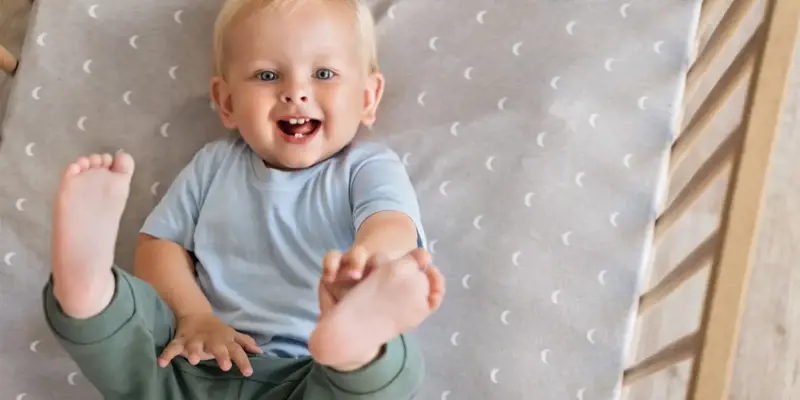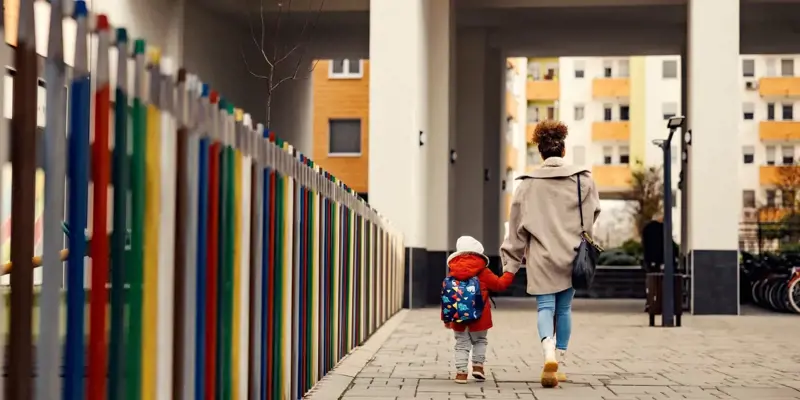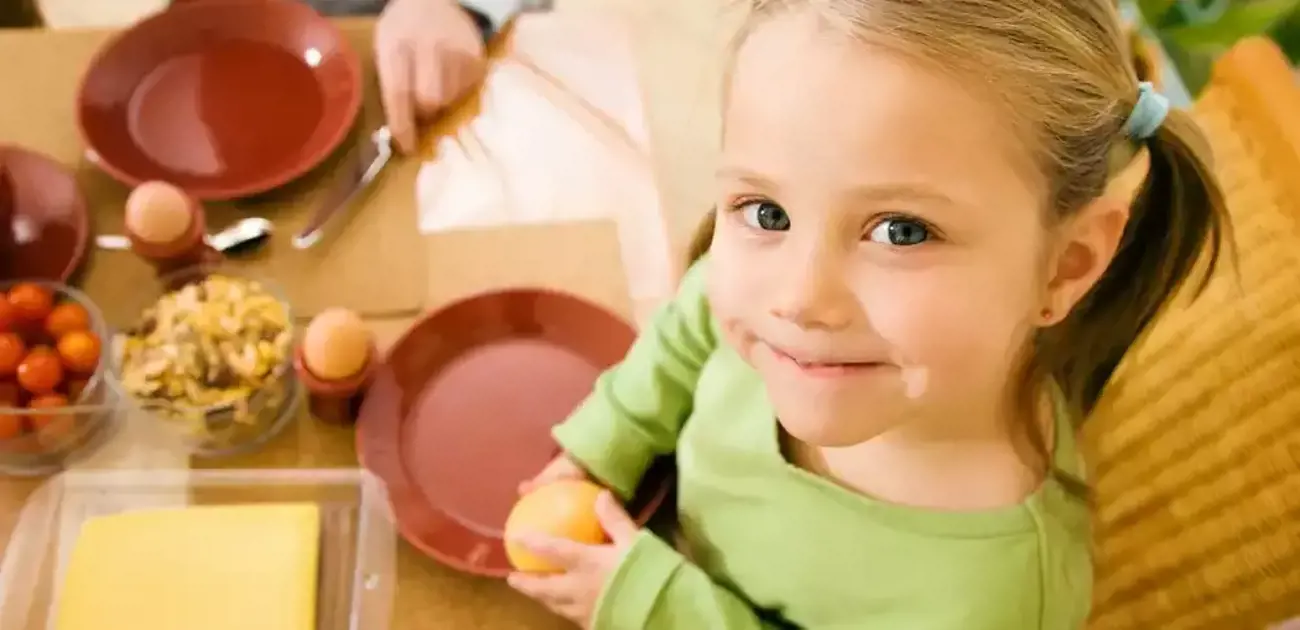Helping your young children gain independence
From the moment a newborn takes its first breath, parents take a hands-on role in keeping children healthy, safe and happy. From changing nappies to following night-time routines and tasks, mums and dads do it all.
However, as babies grow into children, there comes a moment when it's important to foster their independence, give them a few responsibilities and loosen the apron strings.
Let's look at why independence is so important for children, how parents can help and teach them build a 'sense of agency' in a way that will benefit them throughout their lives.
Why is it important to nurture independence in young children?
Independence is an essential part of what it means to be human. Every person has their own skills, strengths, likes and dislikes, and although it's important for children to develop a sense of togetherness with other people, it's also important that they develop a sense of themselves as individuals. It builds their confidence while teaching them to prepare for their life at school, as a teenager, and as an adult.
In a nutshell, teaching kids independence helps them develop self-esteem, identity and well-being. It allows them to:
- Try things for themselves and take responsibility
- Feel a sense of achievement
- Make decisions and hold opinions
- Develop their capabilities and life skills
- Feel in control of things that happen
- Start to think of themselves as competent members of society
How can parents encourage self-sufficiency in kids?
Mums and dads play an instrumental role in supporting children's independence as they learn to think for themselves and take on solo tasks.
To help children gain a healthy sense of independence, parents can:
- Praise their children when they try to do something for themselves, regardless of the outcome
- Provide them with options and let them make simple choices
- Help develop a routine by including children in a simple household task or other chores
- Encourage self-play
- Ask their opinion about things that relate to them and listen to their thoughts
- Work through their problems to teach problem-solving skills
- Provide positive support when they find themselves in a challenging situation
What are some activities that help build independence at home?
It may be quicker to clean your child's teeth, and neater if you make their bed but it's important that children are given the time and opportunity to learn new skills and gain independence.
Depending on their age, here are six activities that children can practice doing for themselves at home:
- Choosing clothes and getting dressed
- Preparing breakfast or a snack
- Brushing their teeth and washing themselves
- Setting the dinner table
- Tidying up and organising their laundry
- Caring for a family pet
All in all, there are many ways children can become more self-sufficient by completing simple tasks and making daily decisions, similar to adults.
And in between doing up buttons, pouring breakfast cereal, laying out cutlery, putting away toys and feeding Fido, they'll empower themselves to be confident and know the expectations of being competent members of society.
Resources:
Australian Childhood Foundation


































